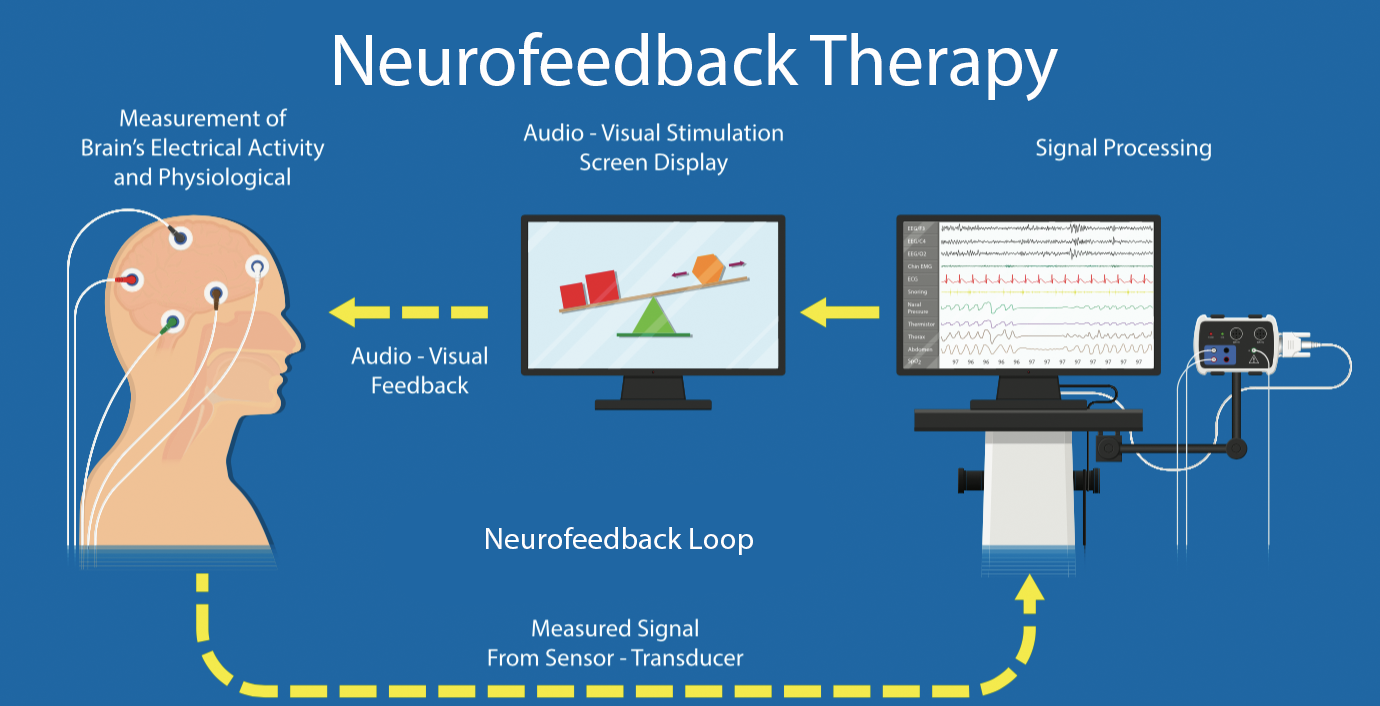There are several types of sleep disorders, including insomnia, slumber apnea, and restless leg syndrome. Insomnia is defined by difficulty going or remaining asleep, while slumber apnea involves pauses in breathing during slumber. Restless leg syndrome induces discomforting sensations in the legs, resulting to an compelling urge to shift them. Each of these disorders can disrupt the normal sleep cycle, which consists of different stages, including light sleep, profound sleep, and REM (rapid eye movement) sleep. Each stage holds a crucial role in preserving overall cognitive health and function.
When slumber disorders interfere with these stages, neural wave activity can become irregular. For example, during profound sleep, the mind produces gentle delta waves, which are important for bodily restoration and memory consolidation. If a individual experiences repeated awakenings or does not attain deep sleep, the generation of these delta waves is reduced. This can result to difficulties in acquiring new information and visit holding memories. Additionally, REM sleep, which is associated with dreaming and affective processing, is also affected. Interruptions in REM sleep can lead to issues with affective regulation and inventiveness.
The impact of slumber disorders on cognitive function is significant. Research has demonstrated that individuals with sleep disorders often face challenges with focus and focus. This can affect their capability at school or work, making it difficult to finish tasks or participate in discussions. Furthermore, long-term sleep deprivation can result to mood changes, heightened stress, and even nervousness or depression. These cognitive and emotional challenges can create a cycle, where poor sleep results to mental difficulties, which in turn can lead to more slumber problems.
Addressing sleep disorders is essential for enhancing brainwave activity and mental function. Treatment options may include habitual changes, such as creating a regular slumber schedule, creating a comfortable sleep environment, and engaging in relaxation techniques. In some cases, clinical intervention may be necessary, such as using a CPAP machine for slumber apnea or medication for insomnia. By prioritizing slumber and pursuing appropriate treatment, individuals can improve their overall cognitive abilities and boost their quality of life. Comprehending the connection between sleep disorders, neural wave activity, and mental function is an important step toward improved health and well-being.
